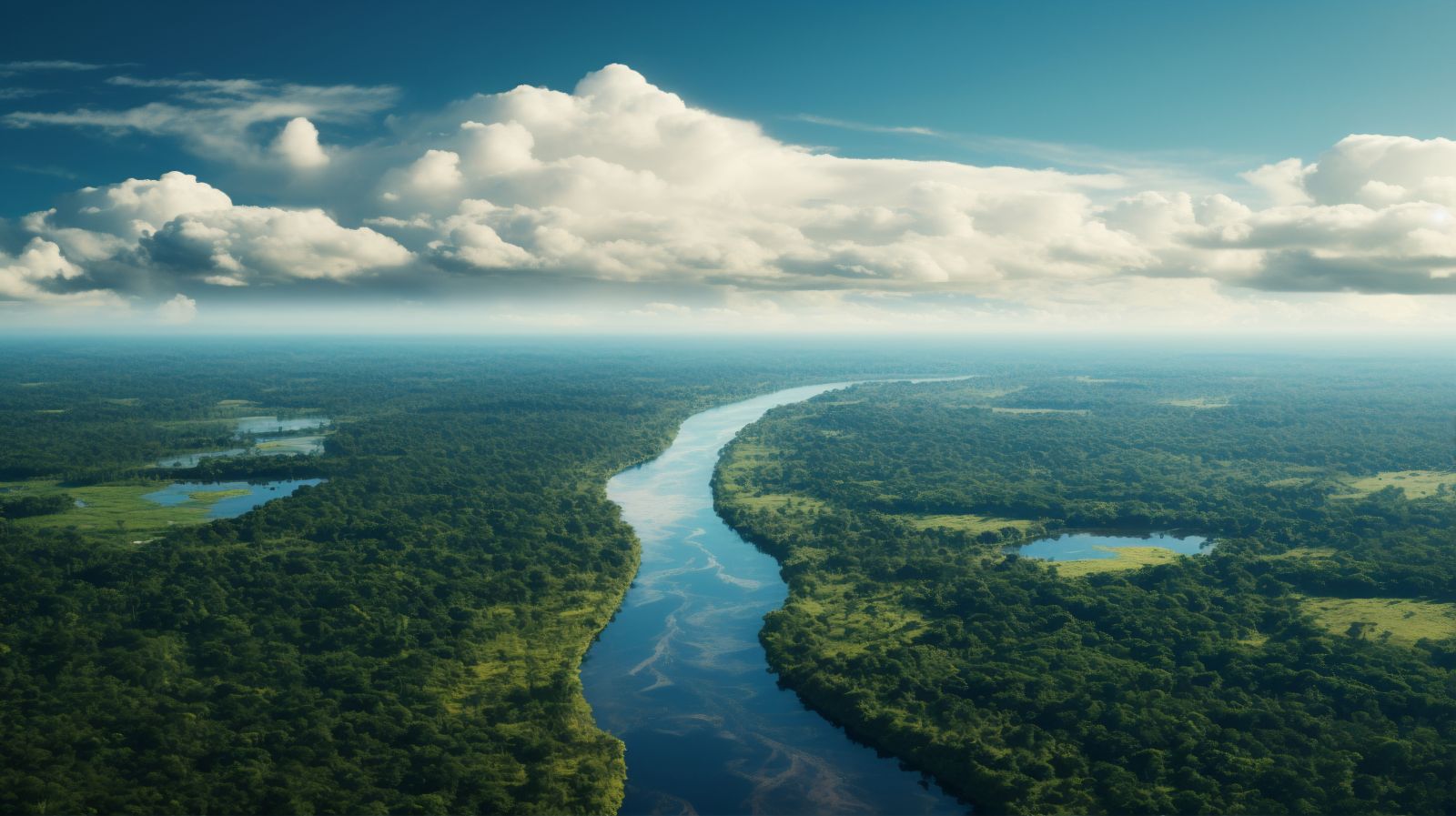Science diplomacy in Latin America and the Caribbean: key to approaching global challenges

Multilateral collaboration has the power to transform the future of Latin America and the Caribbean, as highlighted in a recent article by Marcella Ohira, Director of the IAI’s Center for Science Diplomacy, Franklin Carrero-Martinez, Senior Director for Sustainability and Global Development at the US National Academies of Sciences, and Carlos Matsumoto, Chief Special Advisor for International Affairs at the Ministry of Science, Technology and Innovations and IAI Alternate Representative in Brazil.
Published in a special issue of Science & Diplomacy, the article “Science Diplomacy in Latin America and the Caribbean: The Convergence of Science, Policy and Diplomacy to Solve Global Challenges” addresses the opportunities and challenges in the region. The authors highlight the importance of integrating science, policy and diplomacy as key elements to address global challenges.
Latin America and the Caribbean are characterized by their rich biodiversity, their role in the bioeconomy, and their food export capacity. However, the region faces significant barriers to the adoption of emerging technologies needed to move towards a low-carbon world. Limited investment in science, technology, and innovation (STI) and the concentration of resources in a few countries represent significant barriers to technological development.
In 2010, the Royal Society and the American Association for the Advancement of Science (AAAS) published New Frontiers in Science Diplomacy, establishing a framework based on three pillars: science in diplomacy, diplomacy for science, and science for diplomacy. Today, the environment in which science and diplomacy converge is more volatile. Therefore, the Royal Society and AAAS stress the need to modernize and strengthen the principles of science diplomacy to respond to today's complexities, foster global cooperation in a competitive and fragmented context, and reaffirm science as a key tool for international dialogue and cooperation.
Institutions such as the Inter-American Institute for Global Change Research (IAI) and the US National Academy of Sciences (NAS) are leading initiatives to strengthen science diplomacy in the region, promoting evidence-based policies and fostering the training of science advisors. The article stresses the need for an inclusive and transdisciplinary approach to maximize investment and technology transfer opportunities, thus contributing to economic stability and environmental sustainability in Latin America and the Caribbean.
